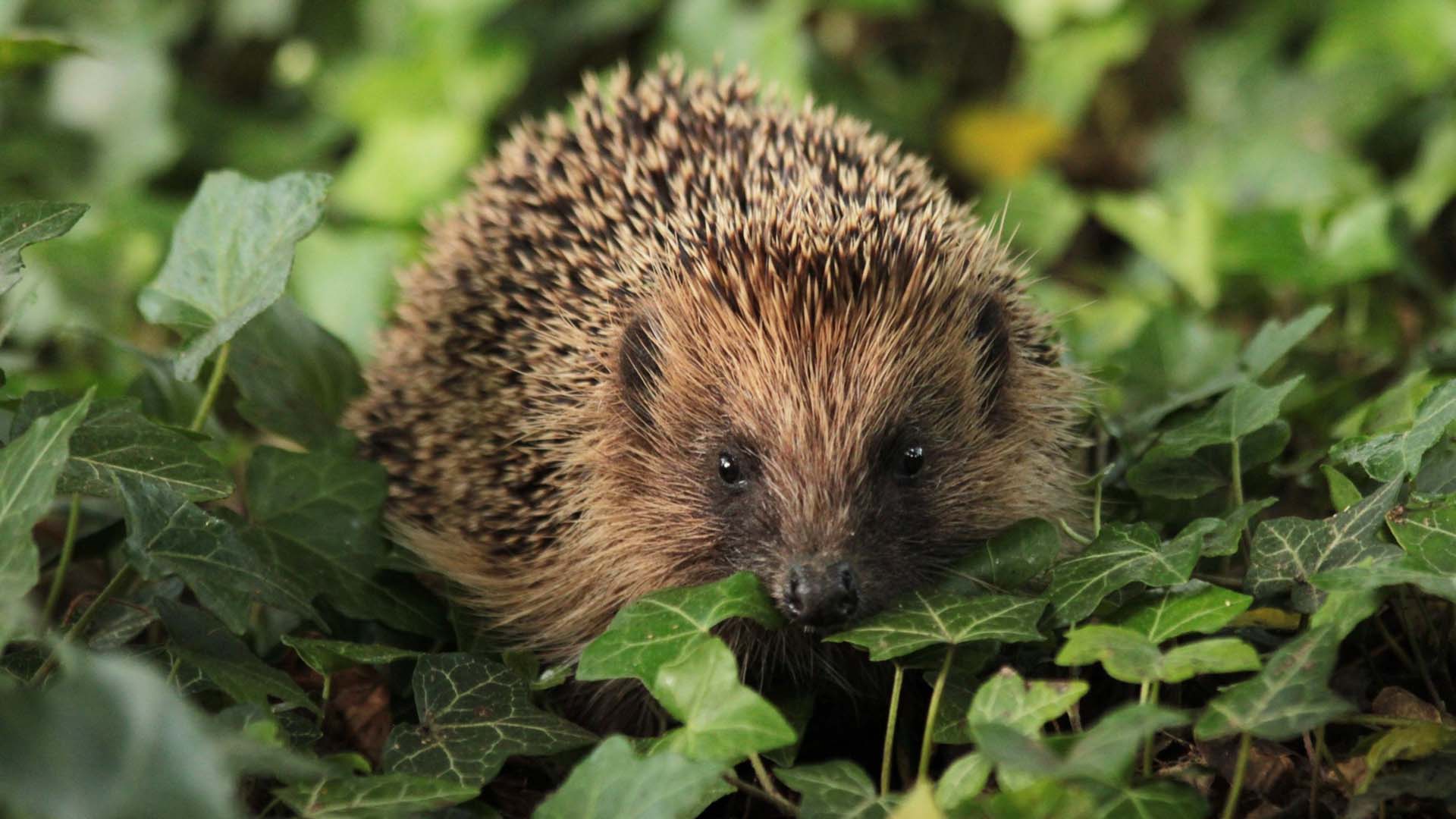

Former Highgrove gardener Jack Stooks shares his tips to help keep pests away. If they’re good enough for the royal household, then they’re good enough for us.
There’s nothing more frustrating than working hard in the garden for days on end only for pests to ruin all your efforts.
But fear not – there are many easy and affordable eco solutions to deter animals and insects from spoiling your outside space. And what’s more, you probably already own most of them.
We spoke to King Charles’ former gardener Jack Stooks – who worked for His Majesty at Highgrove for 21 years – to get his tips on what to use to keep the pests away.
Coffee grounds are one of the most versatile options, but he also suggests items such as bananas, tea bags, kale, oranges, beer and even a child’s toy.
One often-overlooked resource that can make a big difference is something many of us already have in our kitchens: used coffee grounds. From deterring pests to enhancing soil, there are many ways you can use leftover coffee in your gardens.
Speaking on behalf of BeanSignal Jack says, “Coffee grounds can be sprinkled around as the idea is that the smell might deter squirrels. Another use for coffee grounds is composting. They are great to use in compost, they break down well and add to the mix.
"You can also add them directly to garden beds. If you’re producing a lot of grounds, they can even act a bit like a mulch and get worked into the soil.”
However, you do need to be careful about what plants you sprinkle them on, especially if you intend on using large amounts.
“Coffee is acidic, so it’s really only suitable for certain types of plants,” Jack explains. "Specifically, you want to use it around ericaceous plants – things like rhododendrons, azaleas, and hydrangeas. These types of plants prefer acidic soil, so they’ll tolerate the coffee grounds well.
“But for the rest of the plants in your garden? Not ideal. You don’t really want to go overboard using coffee grounds on plants that don’t like acidic conditions. Most garden soil can handle small amounts just fine, but if you're applying large quantities, definitely stick to acid-loving plants.
"Otherwise, you’re better off disposing of the grounds in the compost.”

According to Jack, there are many foods in your fridge and cupboards that work well in protecting your garden from unwanted visitors – it’s just about knowing what to do with them.
“Crushed eggshells will deter slugs and snails around plants,” he advises. “Coffee grounds are also commonly used for the same purpose, as both are said to discourage these pests. Old bananas also come in very handy – you can just bury them around plants to help feed them, especially roses.
“Garlic is another effective food-related deterrent. Garlic spray can help keep rabbits from eating herbs and is also useful on roses to ward off bugs. You can either buy it online or even make your own.
“A lot of old foods can be used but avoid cooked food - it attracts vermin. Stick to raw stuff like potato or carrot peels, tops of carrots, tough ends of asparagus, etc. Those all work well in compost, which you can use as mulch or dig into the soil.
While mosquitos and ants are more prevalent in summer months, they can still be active – and a nuisance – in early autumn so don’t discard that orange peel just yet.
“Orange peel is said to repel mosquitoes, and you can even make orange-scented candles using dried and ground orange peel,” Jack says. “These candles can be made at home by drying the peel in the oven on low heat.
“Dried orange peel can also be sprinkled into cracks to deter ants. Some people even use half orange peels as biodegradable seed pots. You simply scoop out the orange, fill the peel with compost and seeds, and the natural nutrients in the peel help with germination.”

Coffee is not the only drink that can be put to work in the garden – although some may be more controversial than others.
We've got more advice on how to keep slugs out of your garden, but Jack admits that beer traps are a popular and effective method but it’s not the most humane way.
“You can fill a jar with about a third or a quarter of beer, then sink the jar so the rim is level with the ground,” he explains. “The slugs are attracted to the beer, fall in, and meet a rather inebriated end.
“Another tip is to use kale leaves placed under large rocks or tiles in areas where you're having issues with slugs. The slugs are attracted to the leaves, hide underneath, and in the morning, you can collect and remove them.”
And if you’re a regular tea drinker, your used teabag can come in very handy.
“You can dry them out and use them as firelighters,” Jack explains. “People usually dry them out, then add candle wax - they light really well. You can also take the used tea leaves out and add them to compost, particularly ericaceous compost, which benefits from the acidity of the tea. It can also be scattered onto ericaceous plants like rhododendrons and azaleas.”
While some people may suggest using instant coffee on a bird feeder to deter squirrels, Jack isn’t a fan of that idea and says there’s a much cleaner solution.
“There’s been some suggestion that instant coffee might act as a deterrent, especially for squirrels, but that just sounds quite messy to me,” he says. “If you put instant coffee on a bird feeder, the moment it rains, it’s going to turn into a sticky, mucky mess.
"Birds will walk through it, and that mess can then turn into a breeding ground for disease, which could spread among the bird population. So it’s not just ineffective – it’s potentially harmful.
“If you are looking to deter squirrels from the garden, you should use something more practical, like a child's Slinky. You can simply thread it down the pole of your bird feeder, and when a squirrel tries to climb it, it simply can’t.
"It's a much cleaner and safer solution than spreading coffee grounds everywhere, just in case they get wet.”
Kate Randall is Saga Magazine's Digital News Editor. Kate has more than 20 years experience in print and digital journalism and specialises in news, entertainment and lifestyle.
In her spare time, she loves trying out the latest exercise trends and fitting in as many holidays as she can.
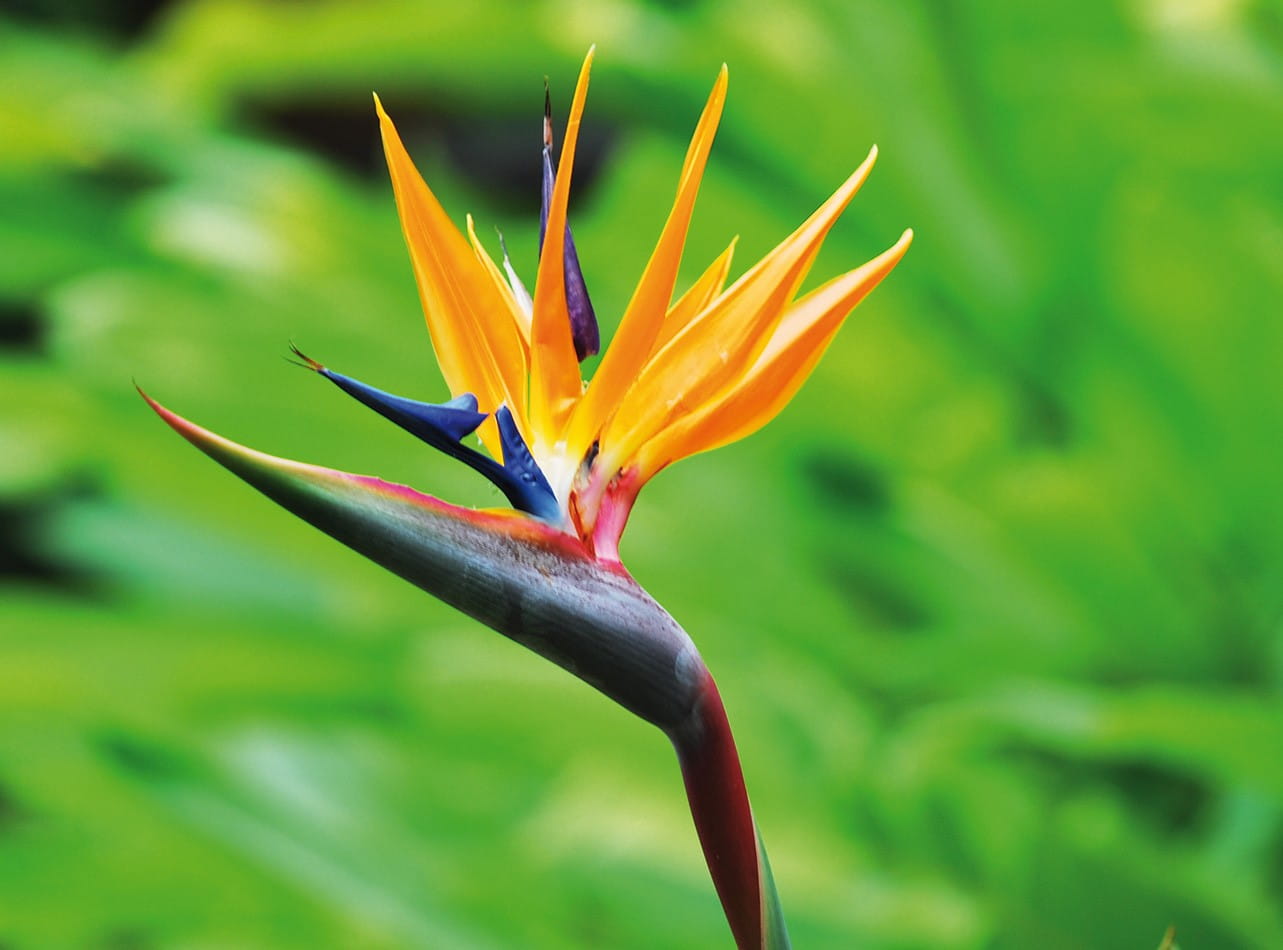
Find out about Saga's Gardening holidays here...
Explore stunning outdoor sanctuaries on Saga’s garden-themed getaways – it doesn't matter if you’re a keen horticulturist or just someone who enjoys colourful blooms.
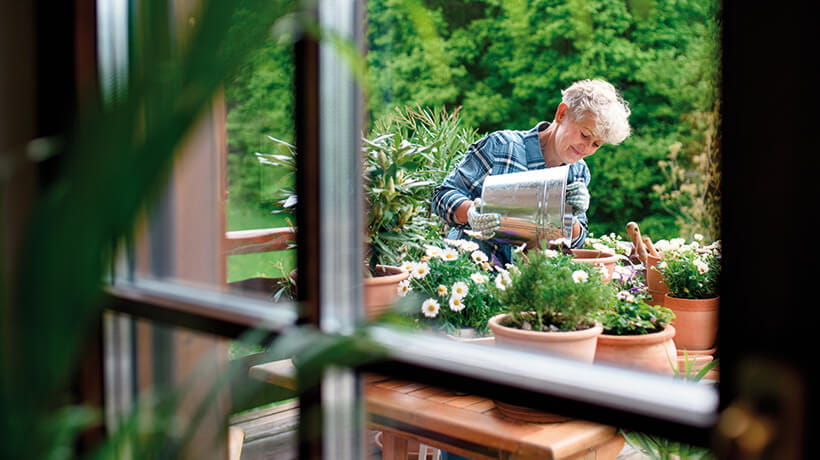
Saga Home Insurance comes with garden cover included. Find out what’s included and get tips to help secure your garden.
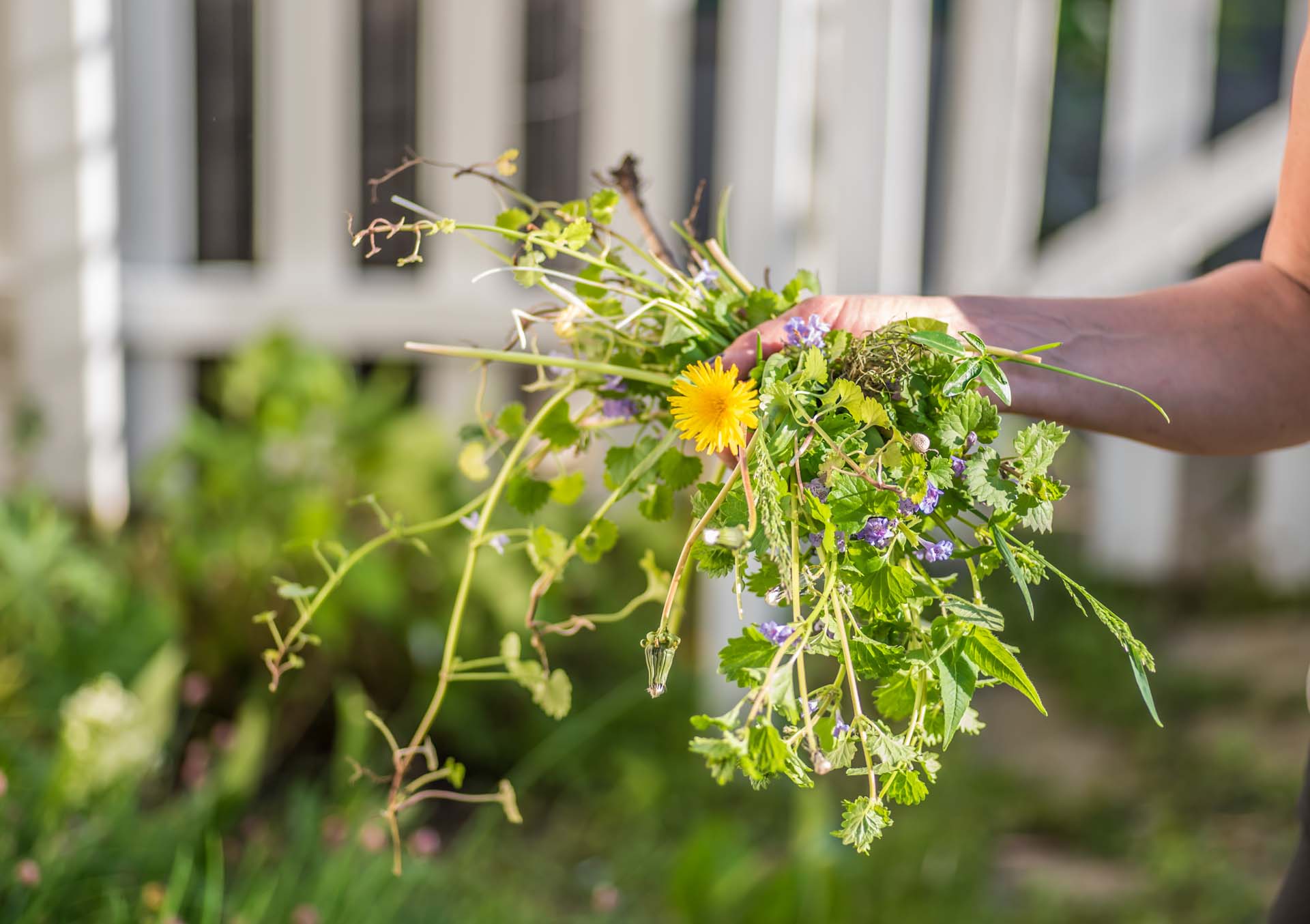
Discover ten easy ways to get rid of weeds naturally while protecting the ecosystem.
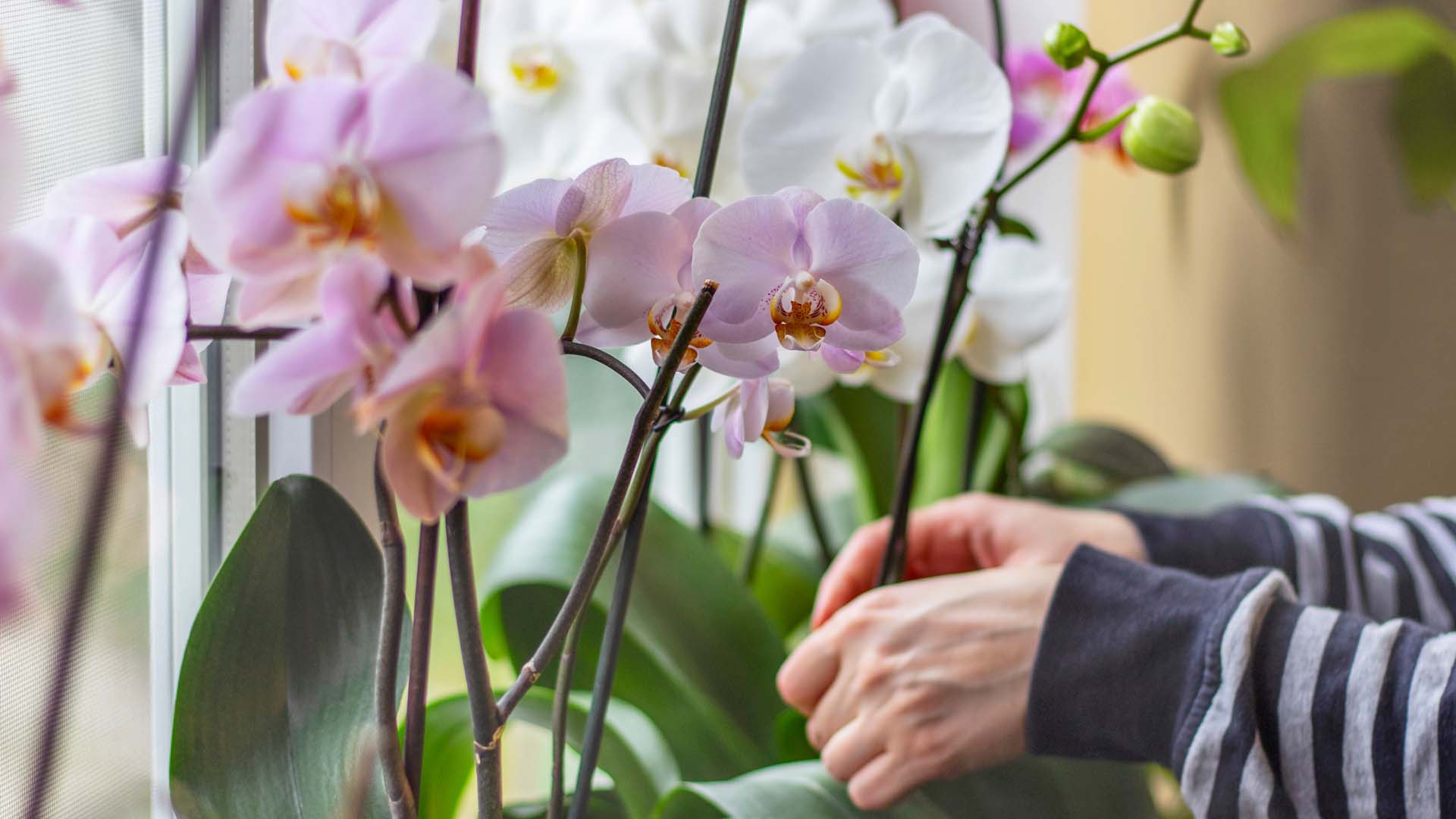
Our expert pruning and watering hacks include a top tip to keep them flowering from Alan Titchmarsh.
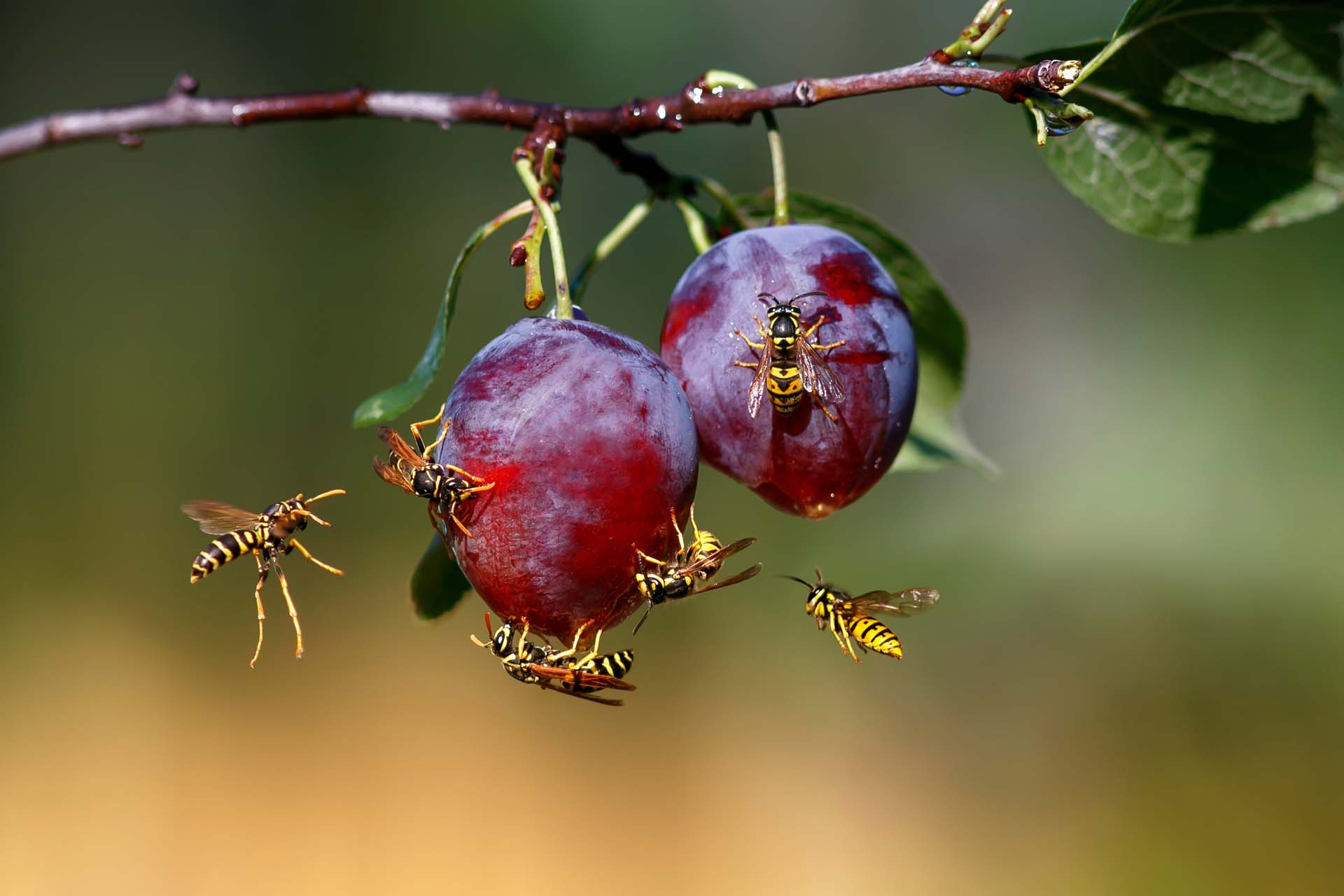
Blighted by buzzing? How to keep wasps out of your garden without harming them so you can enjoy the summer.
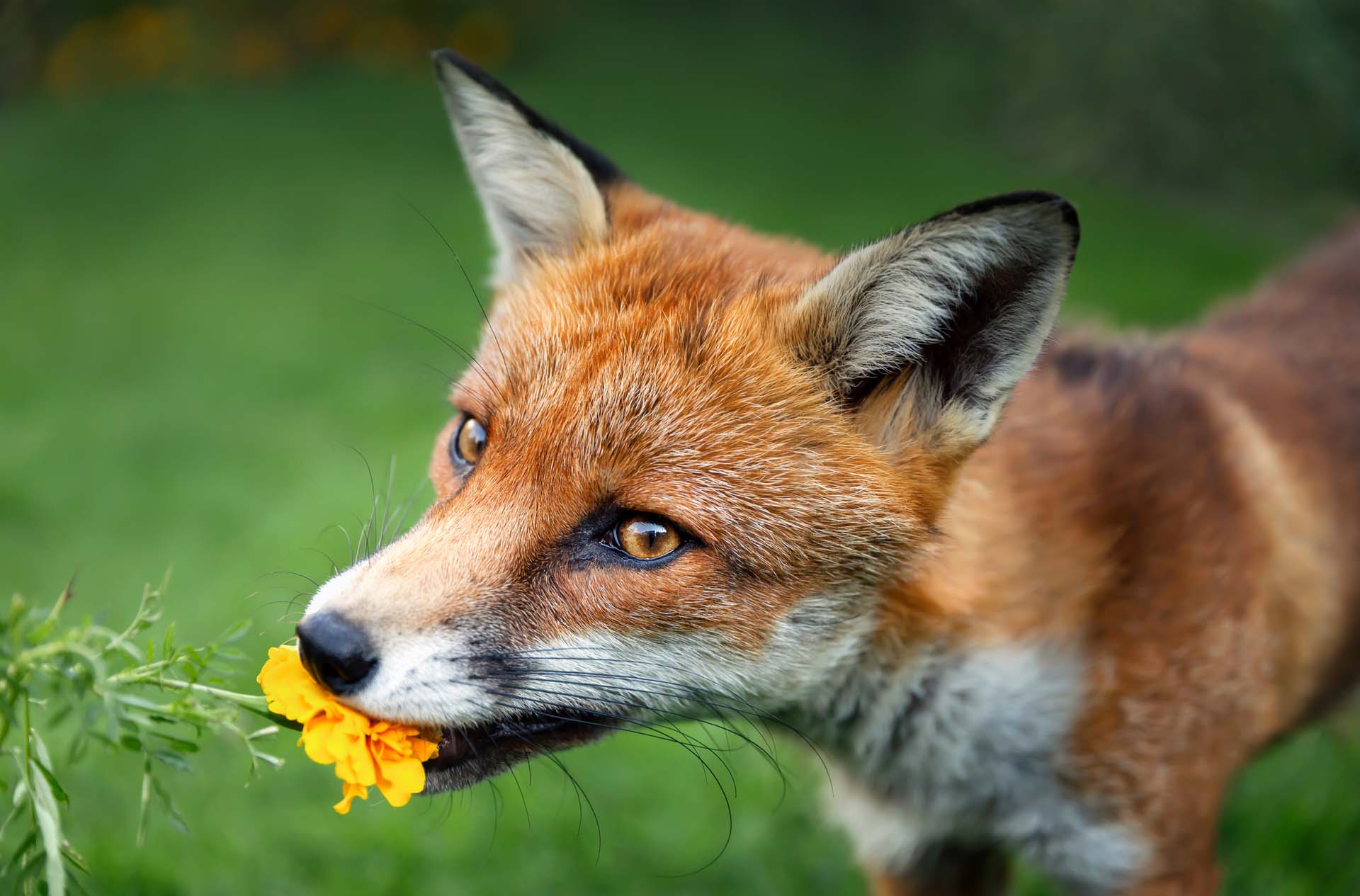
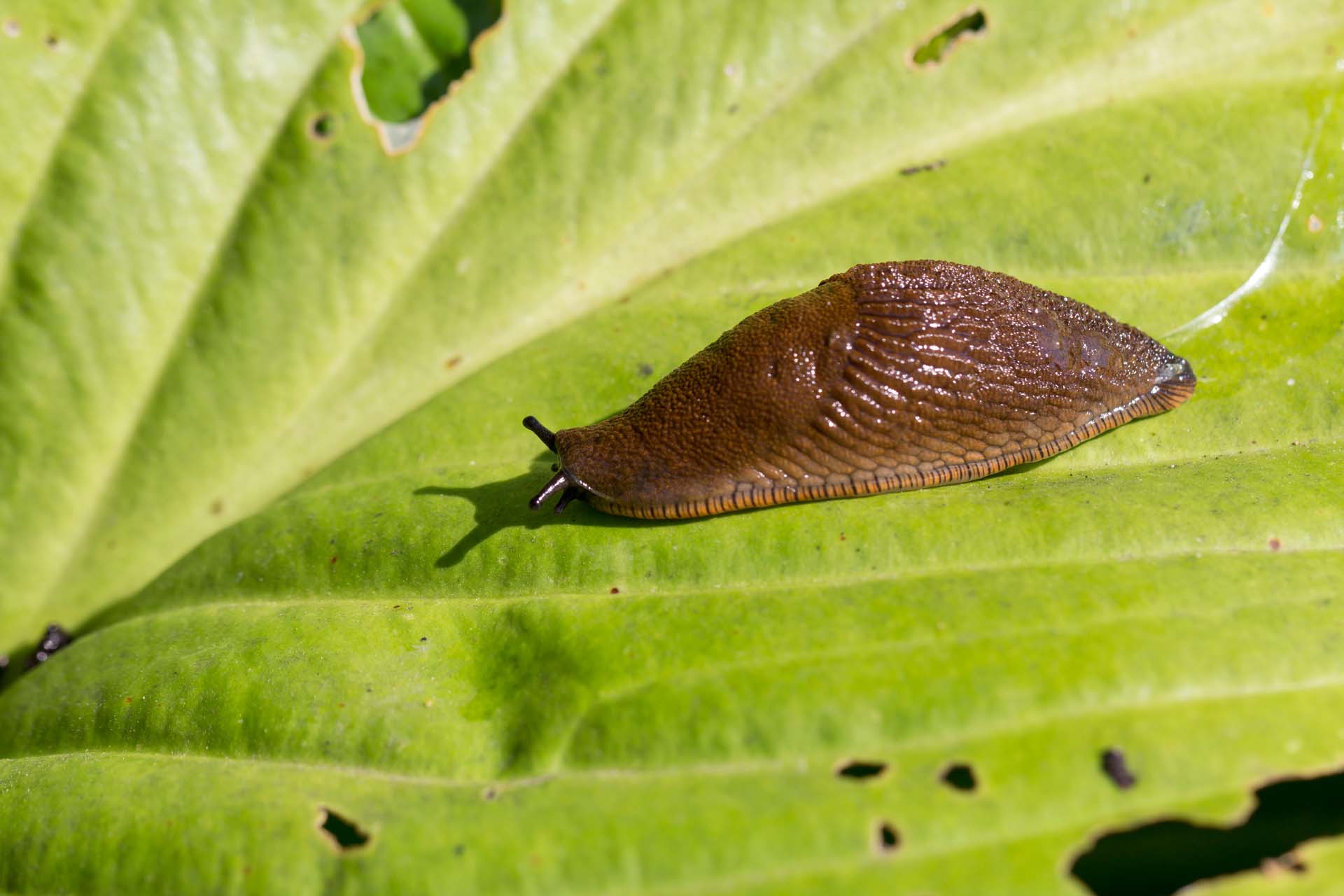
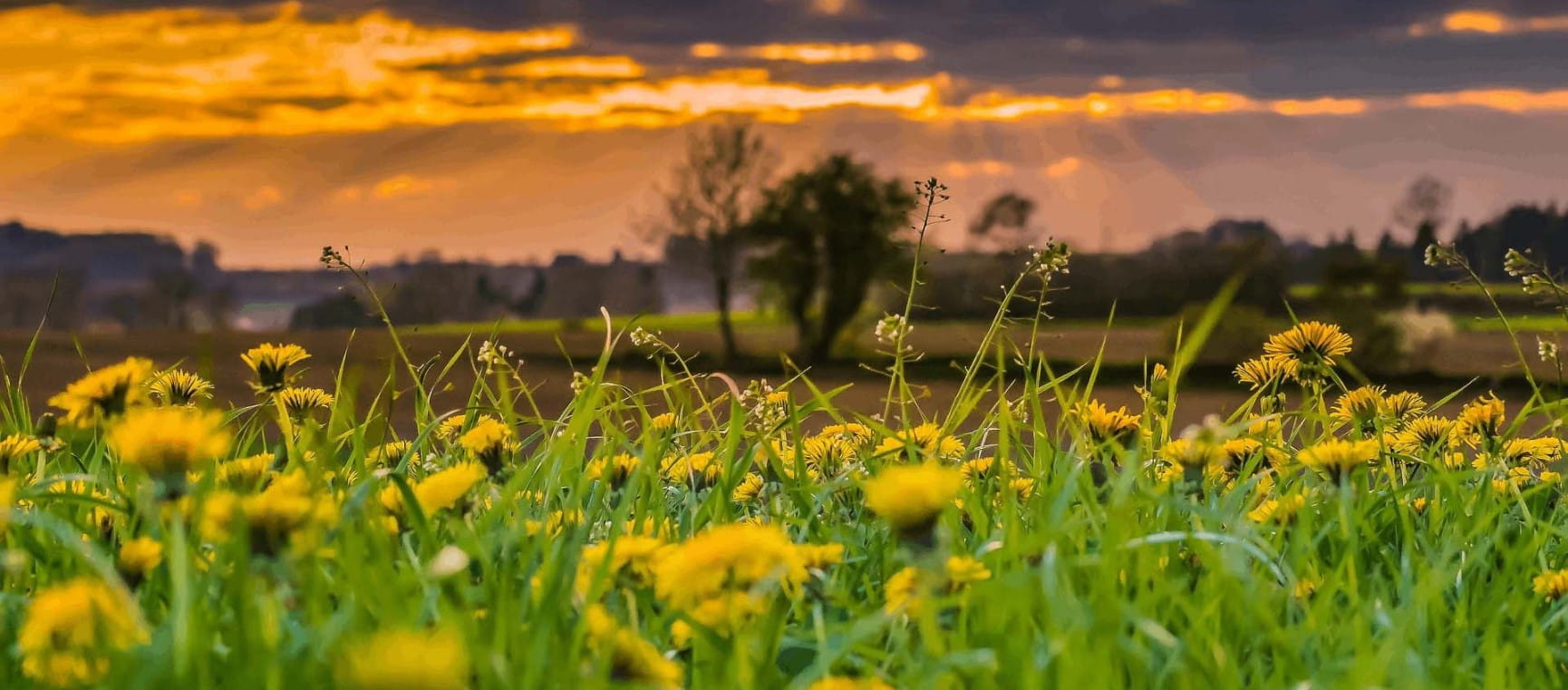
Want to know how to get rid of dandelions? Advice on how to tackle them but why they might be worth sparing.
